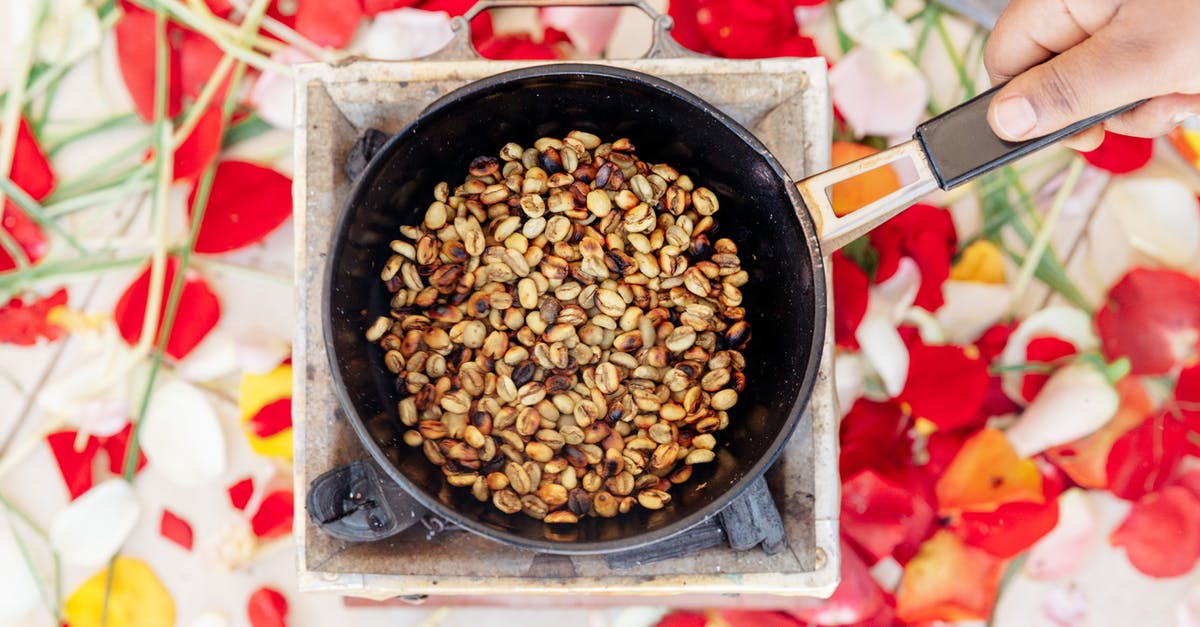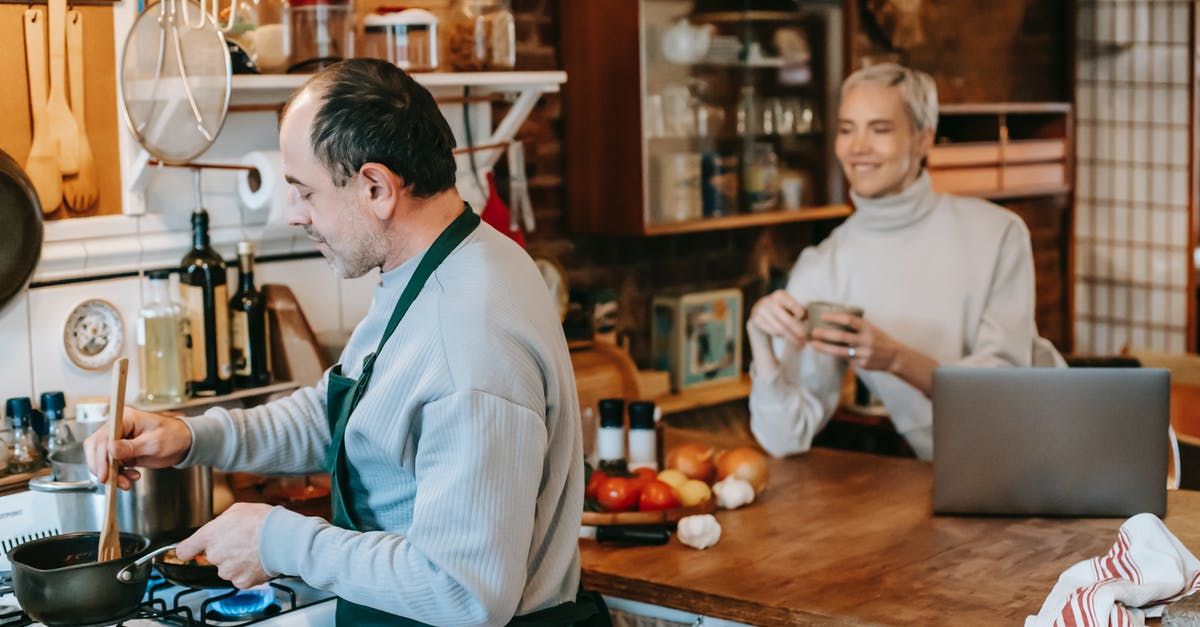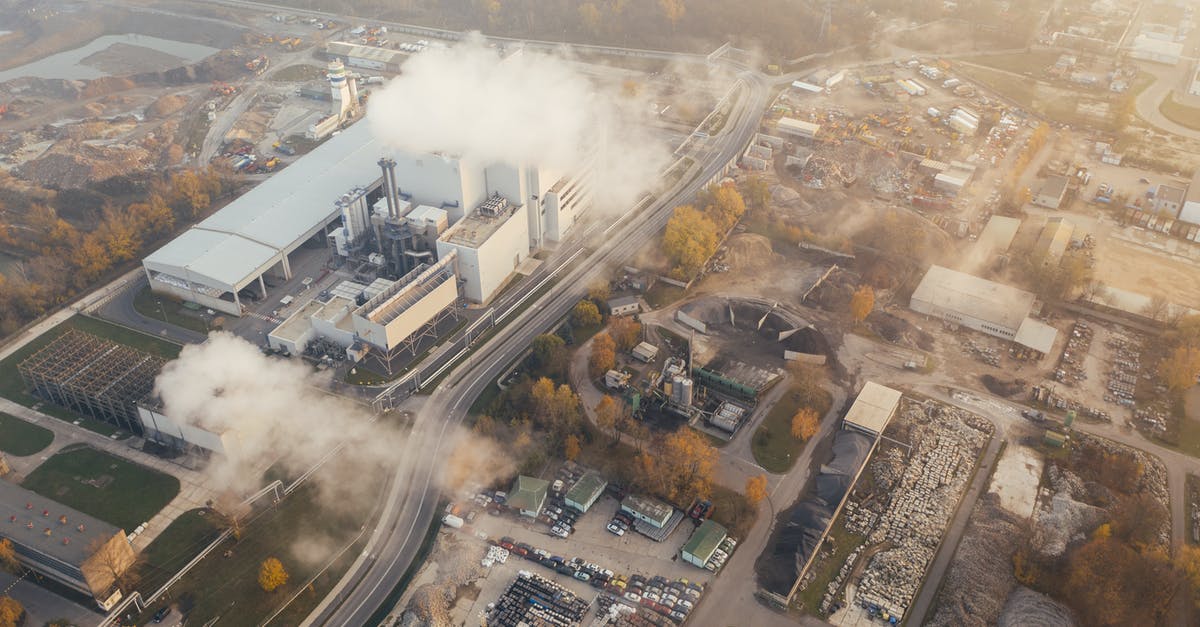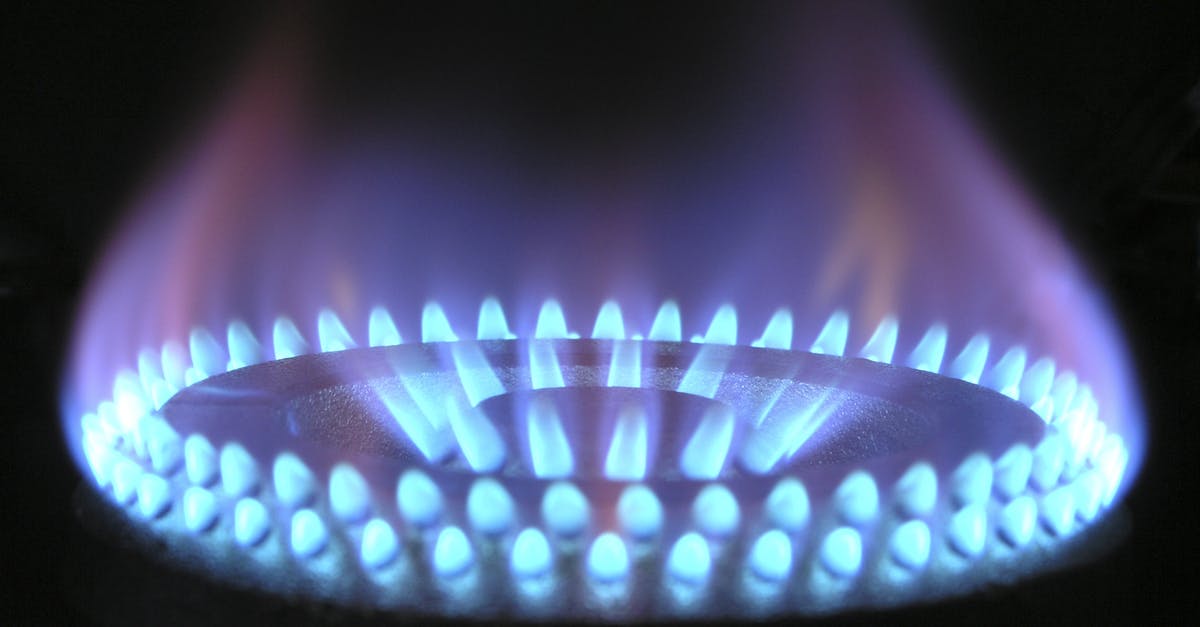Should a gas Aga be left on when not in use?

We've recently moved into a house with an Aga GC3 cooker; though have no experience with this type of oven. Reading up on Agas, people talk about them being left on all the time; though this seems like a waste of gas for our usage (1 cooked meal each evening; unused the rest of the day). When people say they can be left on all of the time I'm not sure if they're envisaging scenarios where the Aga is an old solid-fuel style (where this would have been far more practical), or cooks who are baking throughout the day, or making use of the waste heat for drying their wellies and wet dogs.
We've found that it takes about 2 hours to get up to the required temperature for cooking; so if not left on all the time requires a lot more planning than the gas hobs we're used to; but leaving it on feels wasteful.
Is it best (in terms of efficiency / our described usage pattern) to leave an Aga on full time (e.g. is it more efficient to keep it at temperature than to have to bring it up to temperature each day), and if left on, when not in use is it best to keep it on the Full setting, or to put it to Low Heat or Pilot Light mode?
Best Answer
Looking at the economics angle the Aga is expensive to run. Energy prices in the UK (not sure where you are but most of the Agas I know of are there) are about £.15 per kWh. If an Aga uses 20,000 kWh of energy per year to run, which is a reasonable figure if it's on all day, it would cost £3000 per year. If you modernize it with a schedule to run 8 hours per day, say, it's £1000 per year. Those figures could be less with your model, exact information is hard to find.
If you scheduled it to only heat up for an evening meal then it's probably 4 hours per day, which would be about £500 per year with those energy estimates, which doesn't sound too bad, however that would limit you your flexibility.
A good quality new cooker (i.e. range in the US) costs about the same as 8 hours usage on an Aga for a year, and would be ready when you need it. Used Agas in good condition get around £3000 on Ebay, you could potentially sell it, buy something different and come out cash positive from the deal.
So Agas are expensive to run unless you need the heat from it, if you buy a programmer it can save you money, it's still probably more economical to replace it with something else. It all comes down to whether you like the Aga style of cooking, if you do then spend the money happily, if you don't it'll get snapped up on the used market faster than I wrote this.
Pictures about "Should a gas Aga be left on when not in use?"



Quick Answer about "Should a gas Aga be left on when not in use?"
Leaving it on will consume more gas than turning it off in almost all cases, the exception being if it giving you a warm kitchen means you don't heat the whole house and otherwise would. That's likely to be only true if you're spending much of the day in the kitchen.Does a gas Aga need to be on all the time?
The electric AGA Dual Control's ovens are on all the time, but can be turned down to economy setting to save energy. The hotplates can be turned on and off independently. **Average cost for electricity 21p/kWh for 2022 (Source: Prices based on OFGEM, March 2022).Do you leave an AGA on?
You now have the choice of AGA Everyday where ovens and hotplates can be independently controlled and turned on and off as you need them or left to run on a lower setting or AGA 24/7 which are on all the time.Should I turn my cooker off?
Firstly it does no harm at all to turn any range cooker on and off. The only reason not to is that it's more efficient to leave it on or it's a bugger to relight (all too possible!). Assuming your cooker restarts/relights easily I've addressed each fuel type below. Traditional oil range cooker...Can an Aga overheat?
Should the appliance overheat causing the overheat thermostat to close, this will isolate the oil supply as a safety precaution, causing the burner to lockout. The overheat thermostat can be re-set by depressing the overheat button once the unit has cooled to below normal operating temperature.Switching on Your AGA eR3 Series or AGA 7 Series Cooker
More answers regarding should a gas Aga be left on when not in use?
Answer 2
I haven't owned an Aga myself, but have lived in a house with one (gas, 2 ovens) and used it occasionally.
In general even the gas models are left on for months on end. That's how they were originally designed to be used, though more recent ones rely less on thermal mass. Although you might be able to cook after a couple of hours of heating, it won't be fully hot so roasting (for example) would be problematic. Your newer model may be a little quicker but it does need to build up heat. The very latest models can cycle much more quickly according to Wikipedia. Yours would appear to be in between the one I've used and the latest ones. Leaving it on will consume more gas than turning it off in almost all cases, the exception being if it giving you a warm kitchen means you don't heat the whole house and otherwise would. That's likely to be only true if you're spending much of the day in the kitchen. A hot item will lose more heat to its surroundings than a warm one, thus the Aga will lose less heat when off than it will use getting it back to temperature.
If yours doesn't have modern controls, they can apparently be retrofitted, allowing it to warm up, heat the kitchen, and to some extent warm the rest of the house before you get in (if everyone is out all day).
In the house where I encountered one, over summer the Aga was often turned off and a small portable cooker used instead.
Note that if you don't get on with it and want something more conventional, they tend to have a fairly high resale value
Answer 3
I am in my 60's and live in the UK. My friends parents had an Aga, and they used to leave it on in winter, and use a gas cooker in summer. Don't know about the new gas fired ones, theirs was an extremely old coal burning one, but as their kitchen was about 17 x 11 feet long, they also had an electric oven on the opposite side of the kitchen. Then again, they did own a small stables, so were not in the kitchen much for most of the time generally. From what I remember they had it adapted to run the radiators also.
Sources: Stack Exchange - This article follows the attribution requirements of Stack Exchange and is licensed under CC BY-SA 3.0.
Images: Kelly L, Gary Barnes, Marcin Jozwiak, Pixabay
